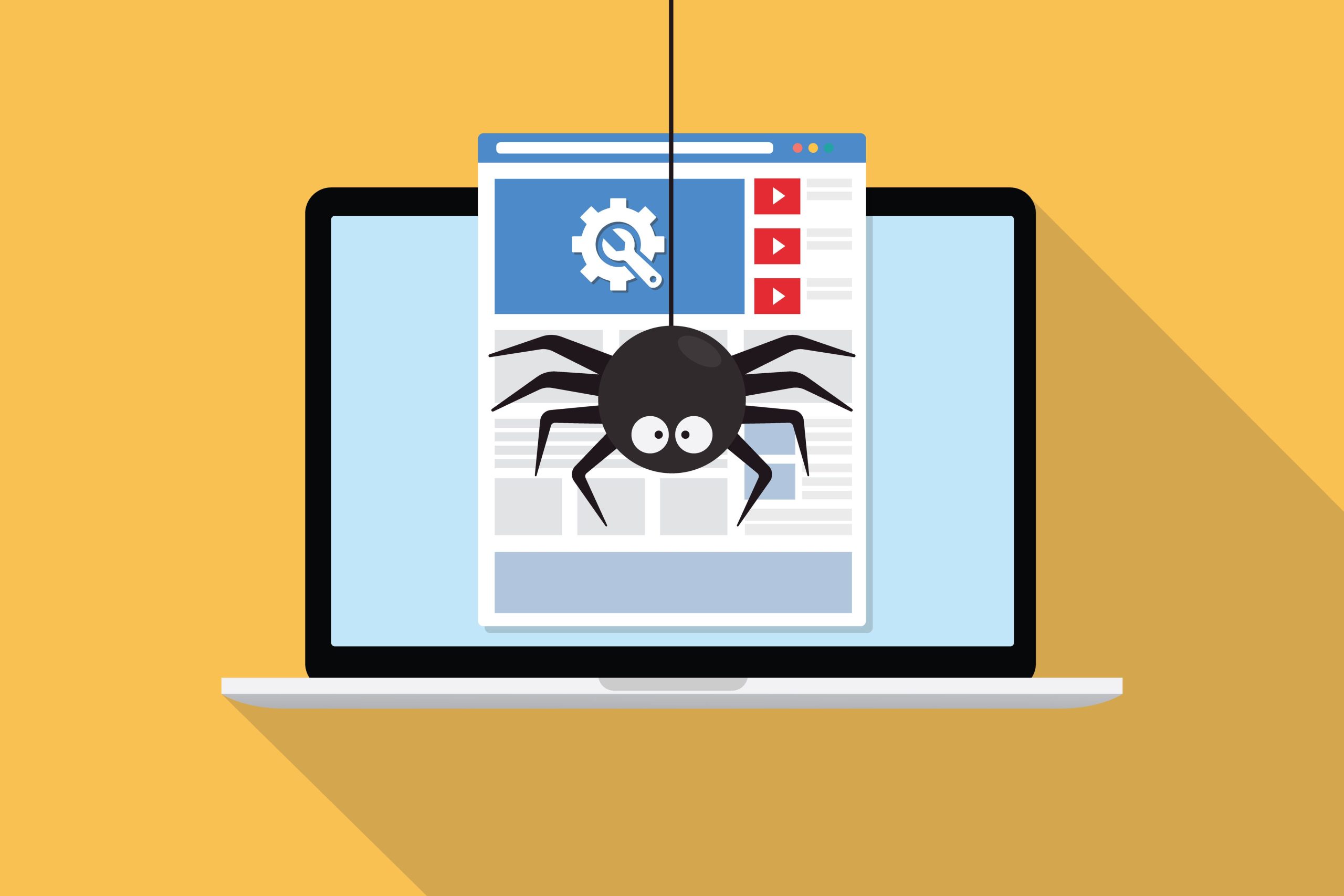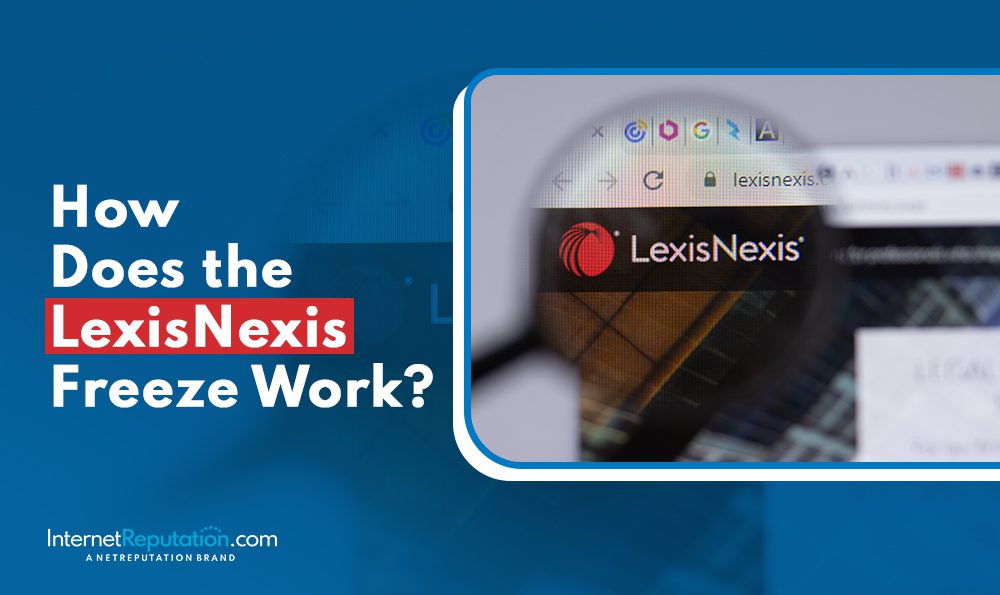Google Crawling: How to Understand Google Crawl Rank

Confused about Google crawling? Here’s a helpful guide for understanding Google crawl rank and how to optimize your visibility on local search pages.
One of the most closely guarded secrets on the web is Google crawl link, or how the search engine ranks links and webpages on local results pages. This makes perfect sense because that algorithm is what makes Google, Google. One of the parts of the algorithm that can make SEO a more difficult task, is the way the Google Web crawlers, determine how much of a website to crawl.
There is a short answer and a long, hard answer.
The short answer is that that information is proprietary, and Google will never share it. The long answer? There is no way to know what the long answer is, since the answer itself, is embedded in the Google Algorithm.
Google Algorithm Locks up Tight
Okay, Now that everyone understands that no one but Google is allowed to know, how does it help?
Google Crawl Rank
Crawl rank is the ranking a Google algorithm assigns to your pages. Crawl budget is the amount of resource’s google algorithm assigns to your site. Now here is the fun part. No one knows for sure, but some of the best SEO minds out there believe, based on analysis of log records and google results freely available in Google Webmaster tools, that a website’s crawl budget is directly related to crawl rank. The higher your crawl rank, the higher you crawl budget.
Determining crawl rank is another thing that no one can do quite right because it is also part of the Google algorithm.
There is, however, a light at the end of this Google algorithm tunnel. Based on the analysis done by a number of SEO experts, there does seem to be a correlation between your websites Google search ranking, and your websites crawl rank. For instance: It does seem that if Google believes your site is a source of news, it will in fact crawl your site more often to catch the newest articles posted.
To extrapolate from that, if you improve your site rank AND update your site with fresh content, like original blog posts and news stories, not with new links but instead, with actual content. Google will view your site as more important to its results, and crawl your site more often. It is a bit of a chicken or the egg conundrum.
Which comes first, your crawl rank or your search rank? Knowing you have to start somewhere, it is best to use the good SEO practices you already know about and implement them as thoroughly as possible.
Most Important Google Ranking Factors
So the keys to increasing crawl rank and thus crawl budget? Make sure your site architecture is easy for Googlebot to understand and navigate, follow SEO best practices, and publish quality content very often. It will take a while because crawl rank should increase with your Google search rank.
Remember Google has the stated goal of getting the highest quality content it can, to assist its users. If you are not posting content that is new and fresh, Google will penalize you, not by immediately dropping your search ranking, instead it will slow down how often your site is crawled. If your site is crawled less often than it is going to be less relevant, and thus your website’s search rank will go down, which will lead to a lower crawl rank which will lead to…
You get the point. It can be a never ending spiral so be sure you are posting new fresh quality content regularly.
Optimize Google Crawl Rank
Below is a list of some of the things you can do to optimize your site. Doing these in conjunction with creating fresh content on a regular basis is the best way to make sure that you increase your page rank and crawl rank. If you cannot sit down and do them all at once, that is okay. Just do them as you can, but be sure your focus is on fresh, original content.
|
Keywords |
Keywords font size |
Site theme |
|
Keywords in URL |
Keywords in title and alt tags |
Site size |
|
Keywords at start of document |
Keywords in heading tags |
Sitemap |
|
Document Text Keyword density |
Keywords metatag |
Site age |
|
Keywords in anchor text |
Site Architecture |
Links from similar sites |
|
Keyword phrase |
Secondary keywords |
Anchor Names |
|
Keyword proximity |
Hyphens in URLs |
Origin of inbound links |
|
Keywords formatting |
Description metatag |
Backlinks |
Social Media matters.
Largely the Google algorithm does not place as much emphasis on your social networks, however, your click through rate (CTR) can still play a role so be sure to develop a rich social media experience for your users and keep a close eye on it. Part of that social media experience should be registering for every different social media portal you can, and then targeting the social media that your perspective clients and customers use.
You want to register for all, just as a way to make sure that no one can co-opt you or your brand. You will however want to limit your social media output to the ones you can keep up to date. Social Media is obviously very important to people these days, and the likelihood that Google will start taking social media into account for its crawl rankings and Google rankings is high.
What Else Can You Do to Help Your Google Rank?
Is there more you can do to help with your crawl rank and with increasing your crawl budget? Of course, there is. There is always something more you can do. However, be careful because many things can lead to Google taking action against you. These things are often referred to as Black Hat SEO techniques. Stay away from them because the penalties can be disastrous for any legitimate business or site.
In addition to the above list, after you have optimized your site, be sure to stay on top of your SEO and update it as needed. Sign up for free Google tools including Google Webmaster Tools, Google Analytics, and of course Google+. Keywords are not a science. Knowing which keywords to target is an art. Analyzing your keywords and your competitors in those keywords can be a great way to adjust your site and keyword strategy.
Manage your online reputation and brand. Do not post anything that you might regret. Watch closely at review sites. They can make or break you. Monitor those review sites closely or use a service to help you monitor such as the one provided by internetreputation.com.
If you get a bad review, take it for what it is, a critique. Ask yourself if there is anything you can do to improve that reviewer’s experience. Take steps to implement changes you think will help and then comment on the review including exactly what you have done to make things better. Then and only then, ask the reviewer to give you another chance.



